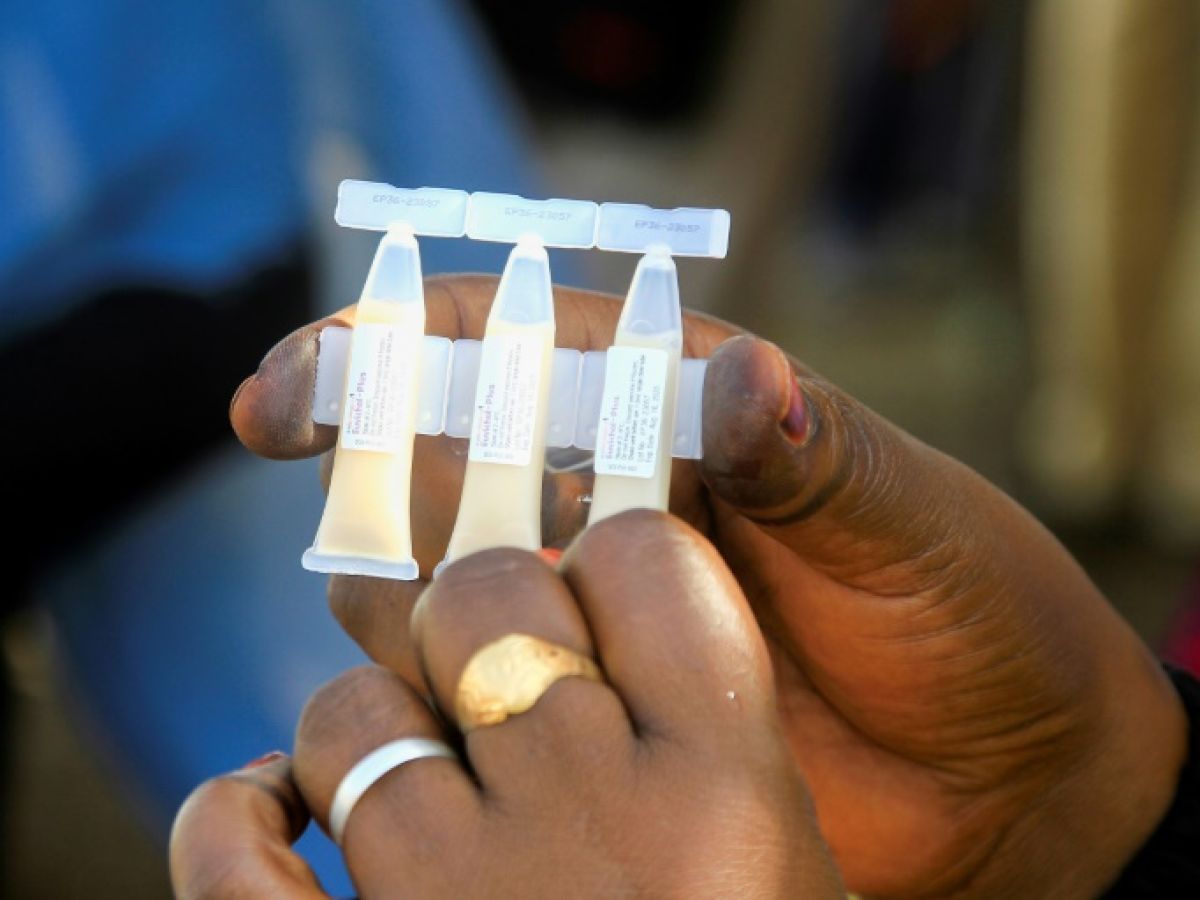The head of the World Health Organization (WHO) called on Thursday for increased production of cholera vaccines, the quantities of which are largely insufficient to meet countries' demands.
"The (health) response continues to be affected by a critical shortage of vaccines," Dr. Tedros Adhanom Ghebreyesus said on social media X.
"Demand continues to exceed supply, with 105 million doses requested by 18 countries since January 2023" while "55 million doses were produced during the same period," he explained.
WHO calls for additional investment to scale up vaccine production and urges all countries to invest in water and sanitation and emergency preparedness to prevent further outbreaks, Dr Tedros said.
Given the number of outbreaks and their geographic spread, as well as the shortage of vaccines and other resources, WHO continues to assess the global risk as "very high," according to a monthly cholera epidemiological bulletin released by the organization on Thursday.
From January 1 to July 28, 2024, 307,433 cholera cases and 2,326 deaths were reported in 26 countries, according to WHO.
The Eastern Mediterranean region recorded the highest numbers, followed by the African region, the South-East Asian region, the Americas region and the European region. No outbreaks were reported in the Western Pacific region during this period.
Cholera is an acute diarrheal infection caused by the ingestion of food or water contaminated by the bacillus Vibrio cholerae. Transmission is called fecal-oral, either directly by ingestion of bacteria from the stools of contaminated individuals, or more often indirectly by ingestion of contaminated water or food.
The disease causes diarrhea, severe dehydration and can lead to death within hours.
